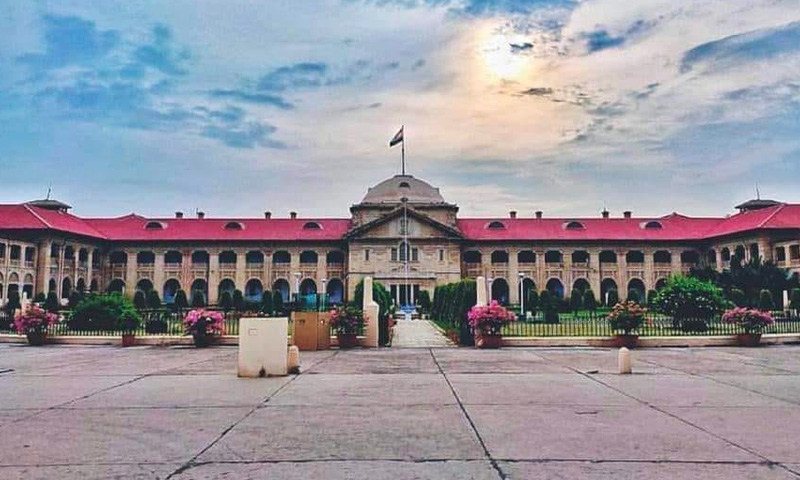
The Central Government and State Governments are free to enter into contracts with private entities and individuals. Article 298 of the Constitution of India provides the executive power of the union and of each state extends to the making of contracts for any purpose. Article 299 of the Constitution of India provides that all contracts made in the exercise of executive power of the Union or of the State shall be expressed to be made by the president, or the governor of the state, as the case may be.
It has been adjudicated time and again that the action by the State in Government Contracts cannot be discriminatory, arbitrary, or unreasonable. It must not be violative of the Right to Equality under Article 14 of the Constitution of India and the rule of administrative law inhibiting arbitrary action.
The Government has the freedom to contract, however, fair play is a necessary concomitant for the functioning of an administrative body in the administrative or quasi-administrative sphere. It is also settled law that the decisions of the Government must be free from arbitrariness not affected by bias and actuated by mala fides.
In the judgment of Tata Cellular vs. Union of India, the Hon’ble Apex Court has laid down certain parameters in relation to the scope of judicial review of action of the state in contractual matters.
In cases of award of contract where the matter is technical in nature and the court does not have the required expertise to assess, the Constitutional Courts can interfere only in matters where there is mala fide, bias, or arbitration to the extent of perversity.
However, in matters where an award of contract is challenged on the basis of the allegation that certain other parameters would be “fairer” in awarding the contract, then in such matters, judicial interference is completely unwarranted.
Hence, a writ petition under Article 226 of the Constitution of India is maintainable before the High Court wherein the award of contract can be challenged on the basis of certain grounds like mala fide, bias, or arbitration to the extent of perversity. The Court may also intervene under its powers of judicial review in case the public interest is affected. However, the Court would not normally interfere in policy decisions and in matters challenging the award of contract by State or public authorities.

